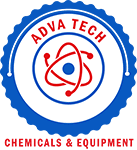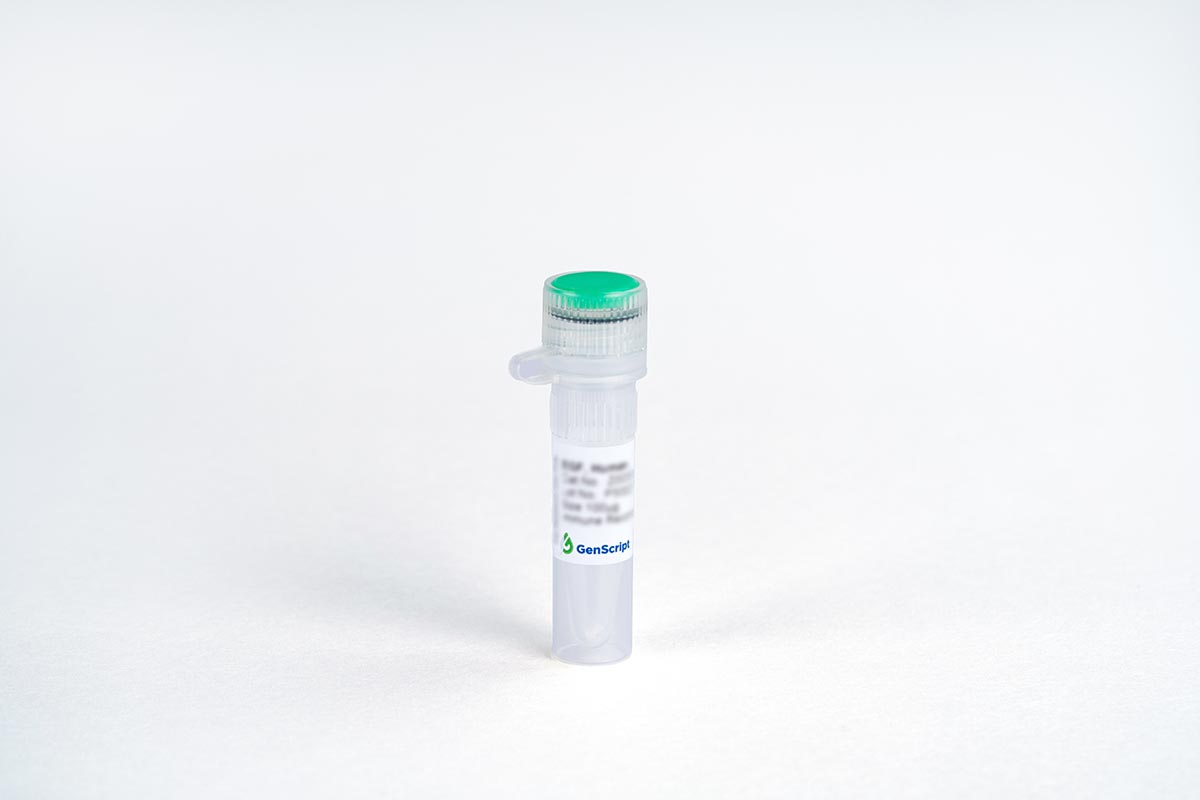Description
PD-L1 and PD-L2 are ligands for PD-1, a costimulatory molecule that plays an inhibitory role in regulating T cell activation in the periphery. PD-L2 also known as PD-L2, B7-DC serves as a negative and a positive regulator of T cell function. The expression and function of PD-L2 are similar to PD-L1. Both PD-L2−PD-1 and PD-L1−PD-1 signals inhibit T cell proliferation by blocking cell cycle progression but not by increasing cell death. PD-L2−PD-1 interactions are able to inhibit TCR-mediated proliferation and cytokine production in the absence of CD28 costimulation. Threshold for T cell activation may be a balance between activating signals, such as those delivered by the engagement of CD28 by B7-1 and B7-2, and inhibitory signals, mediated by engagement of PD-1 by PD-L1 and PD-L2. The structural conservation of B7-like and CD28-like receptors may reflect the distance between T cells and APCs in the immunological synapse. The PD-L−PD-1 pathway may play a key role in the induction and/or maintenance of peripheral tolerance and autoimmune disease. Because PD-L1 and PD-L2 can inhibit effector T cell proliferation and cytokine production, the PD-L−PD-1 pathway may be an attractive therapeutic target. Blocking the PD-1 pathway may enhance anti-tumor immunity, whereas stimulating this pathway may be useful for down-regulating ongoing immune responses in transplant rejection and autoimmune and allergic diseases.


